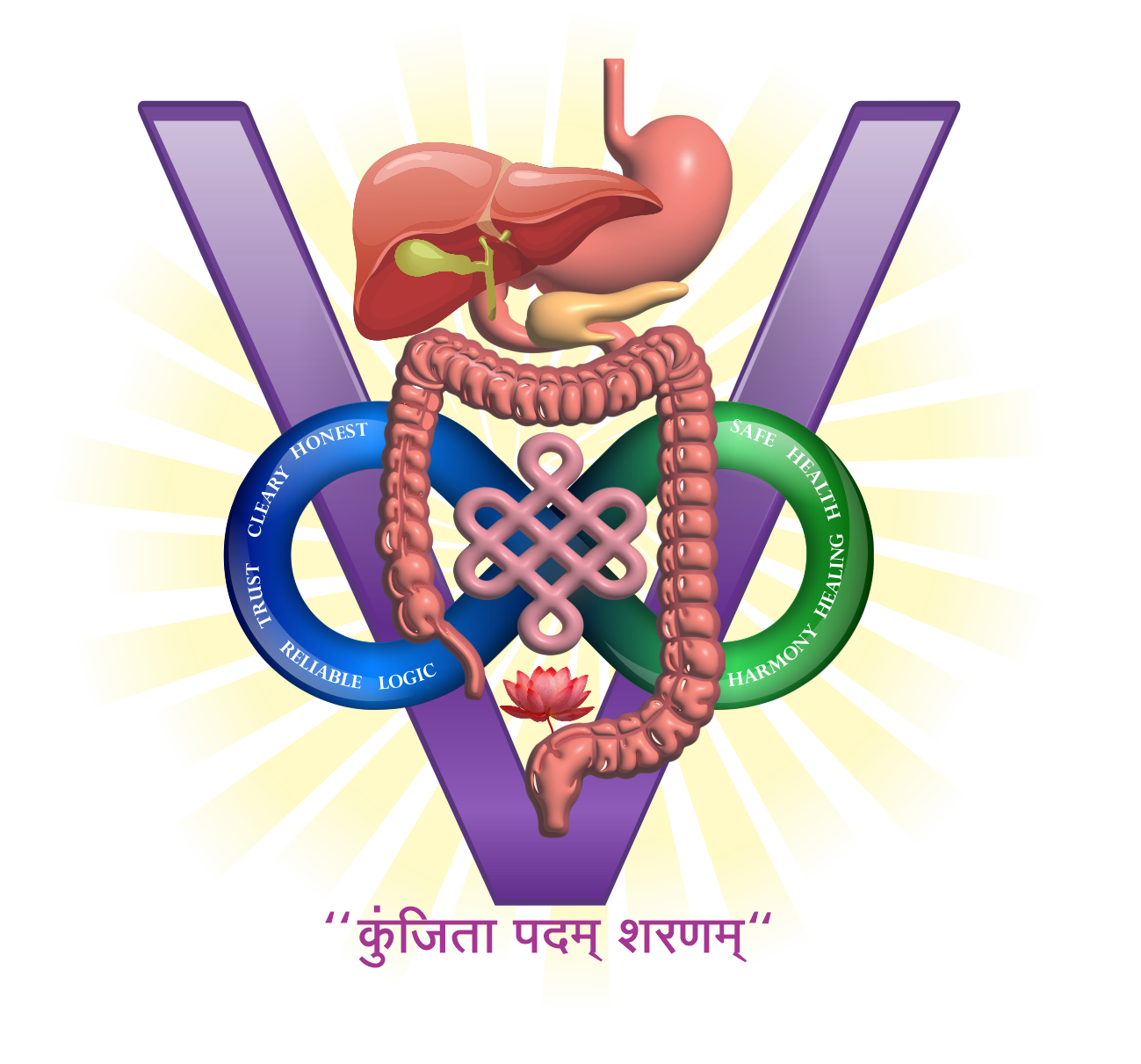SPLEEN
Spleen
The spleen is a small organ inside your left rib cage, just above the stomach. It’s part of the lymphatic system (which is part of the immune system). The spleen stores and filters blood and makes white blood cells that protect you from infection. Many diseases and conditions can affect how the spleen works.The spleen has some important functions: it fights invading germs in the blood (the spleen contains infection-fighting white blood cells) it controls the level of blood cells (white blood cells, red blood cells and platelets) it filters the blood and removes any old or damaged red blood cells.Common causes include: Infections. Viral infections such as mononucleosis and HIV, bacterial infections such as tuberculosis and endocarditis and parasite infections such as malaria and toxoplasmosis stress the immune function of the spleen. They can cause it to overproduce antibodies and immune cells (hyperplasia)

symptoms
You may not be able to tell if you have an enlarged spleen. If you do have symptoms, they might include:
- Upper left quadrant abdominal pain. It may also radiate to your left shoulder or back.
- Palpable spleen. You usually can’t feel your spleen with your hand, unless it’s enlarged.
- Loss of appetite or early fullness. Your enlarged spleen might encroach on your stomach below.
If your spleen is beginning to malfunction, you may notice:
- Symptoms of anemia, such as weakness and fatigue.
- More frequent colds or infections.
- Easy bleeding and bruising.

